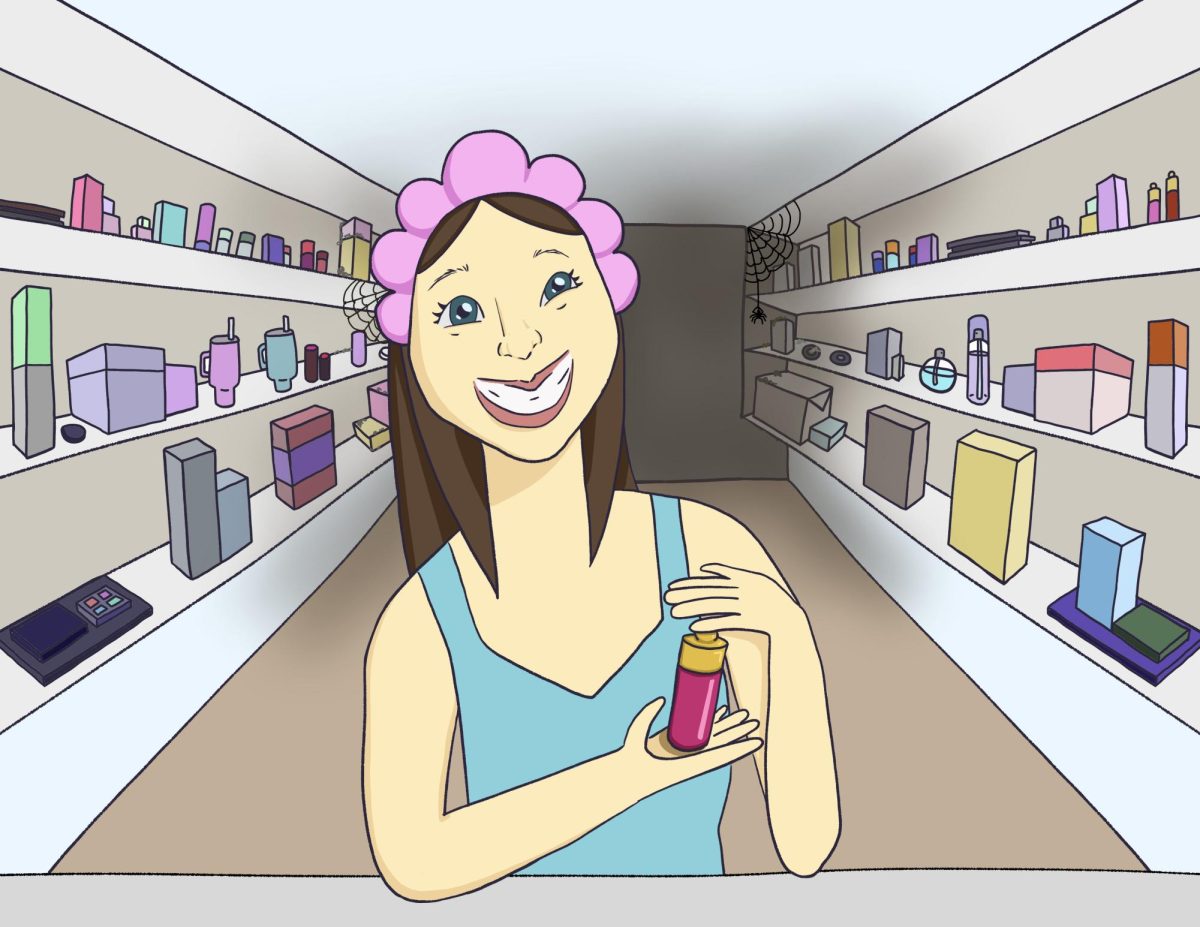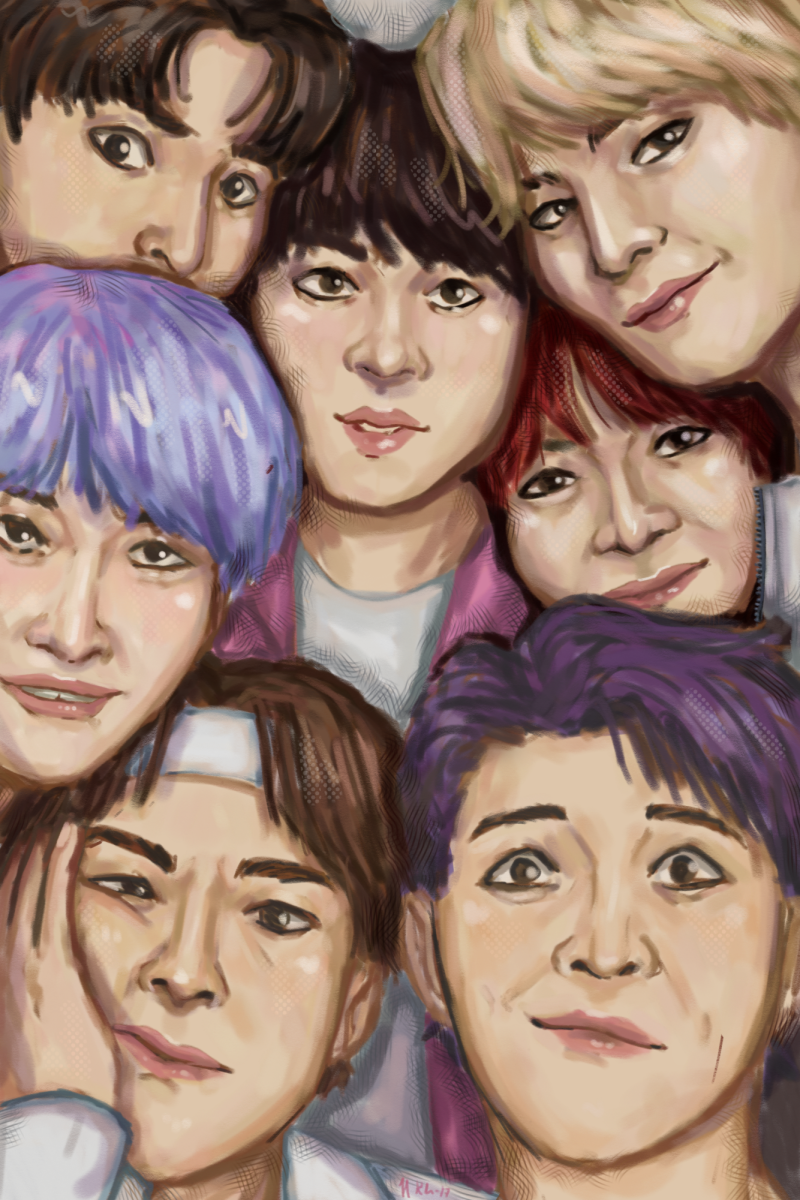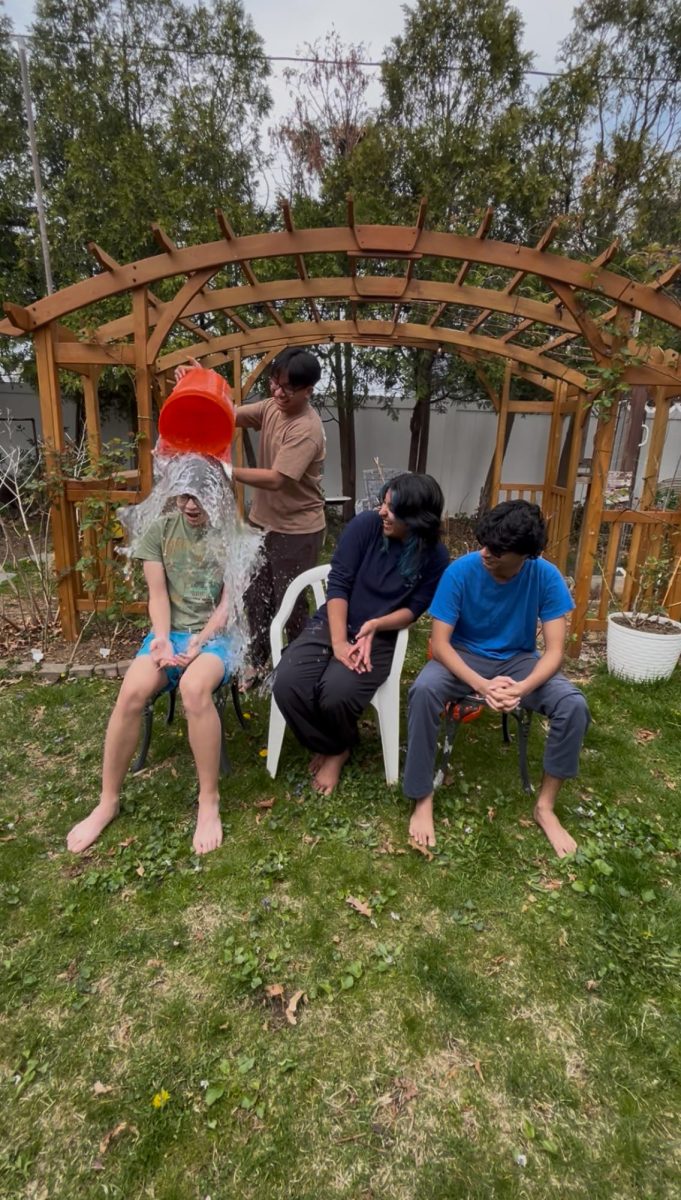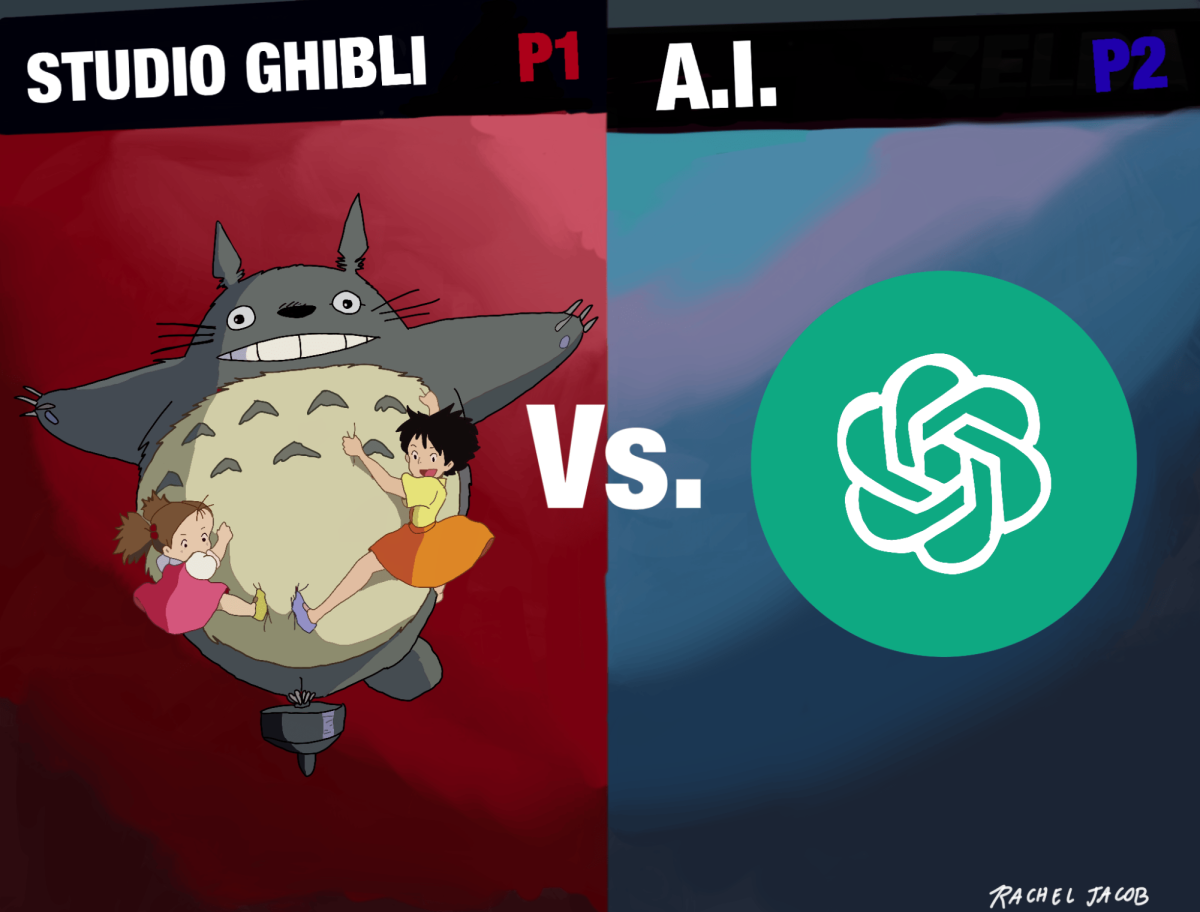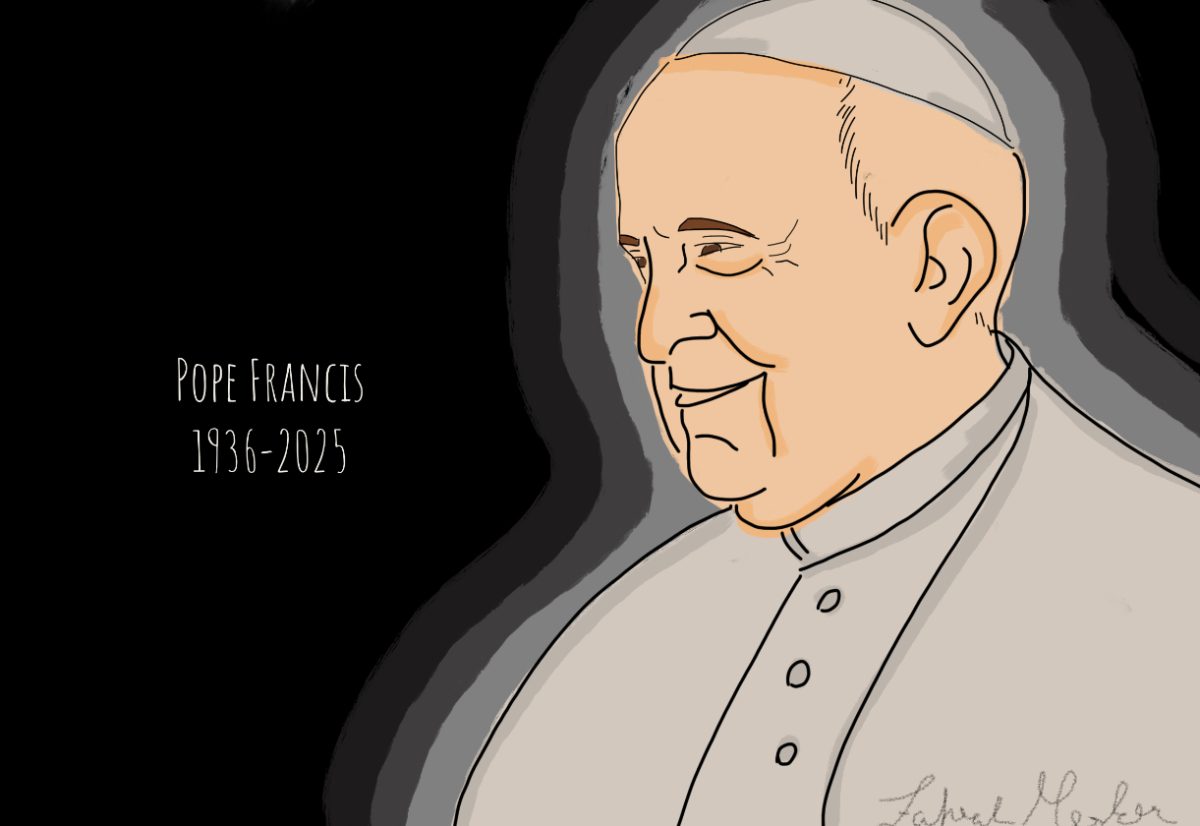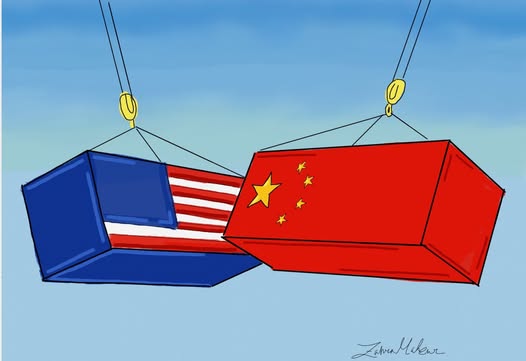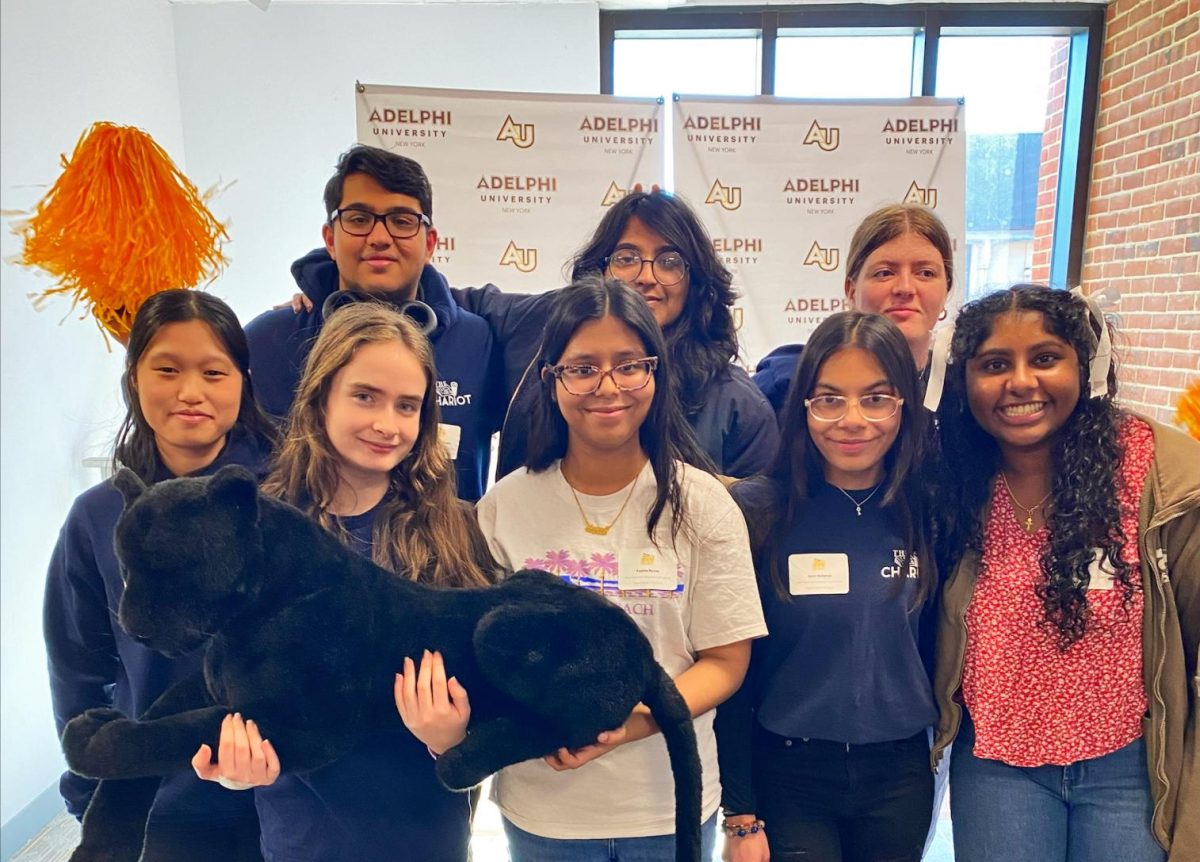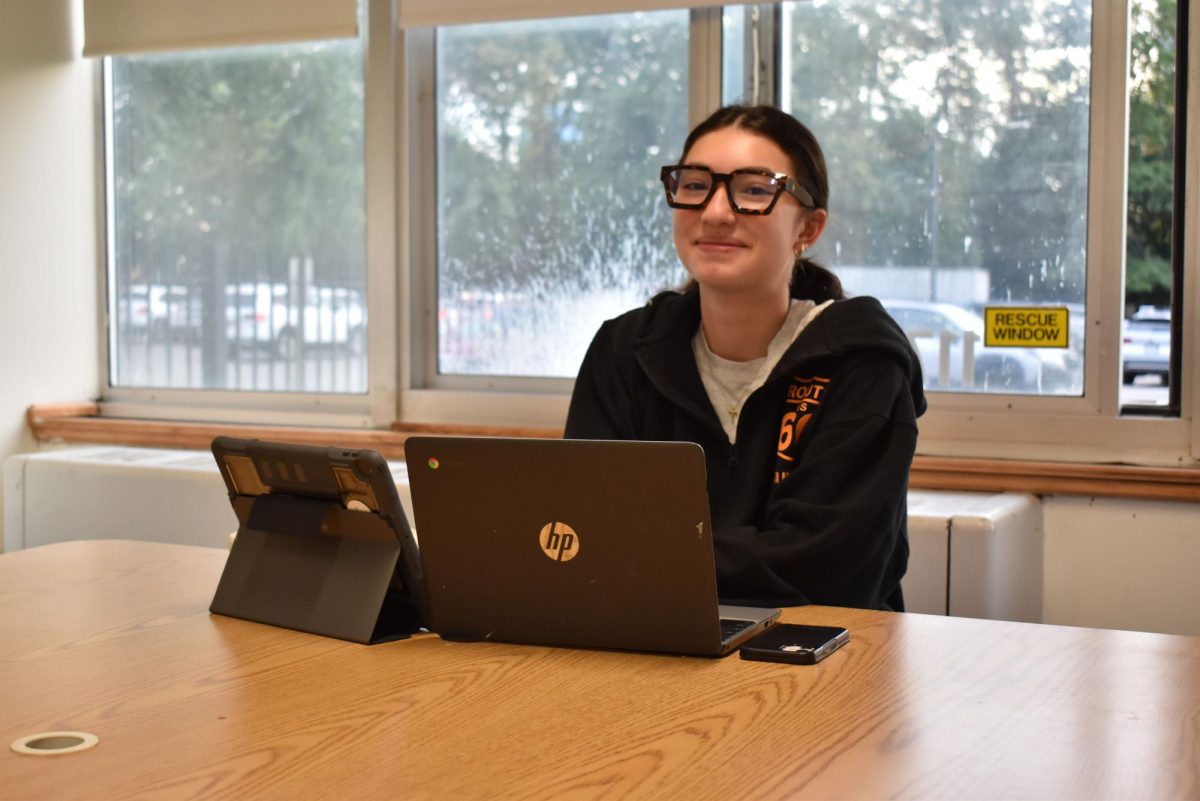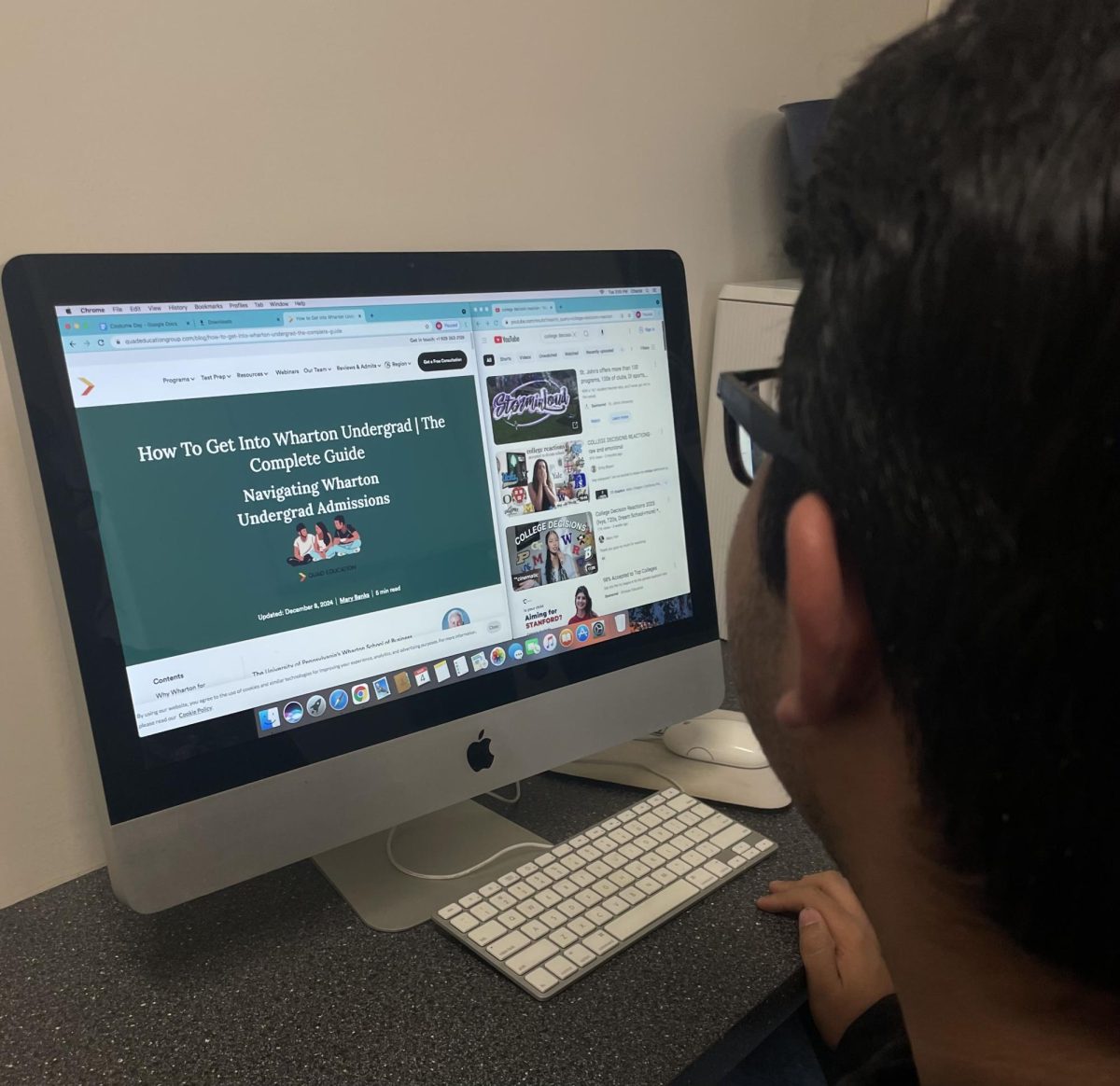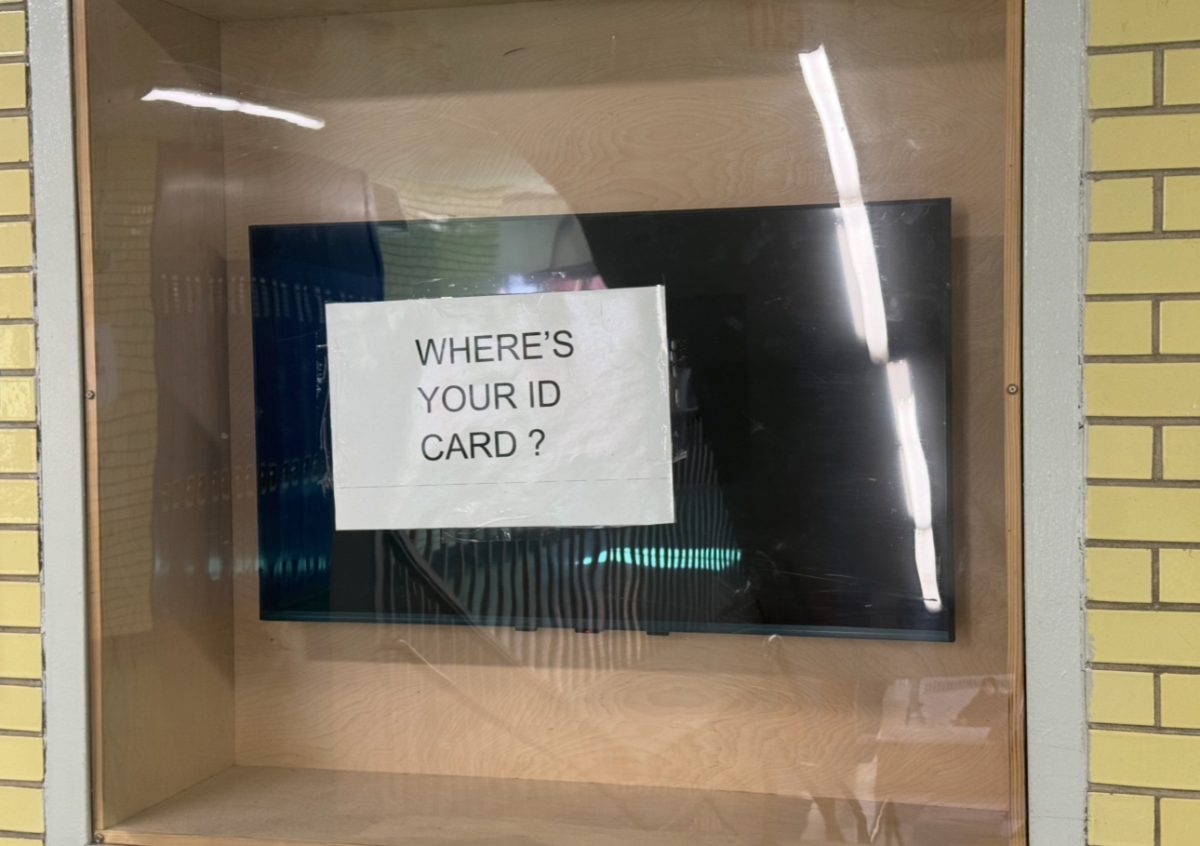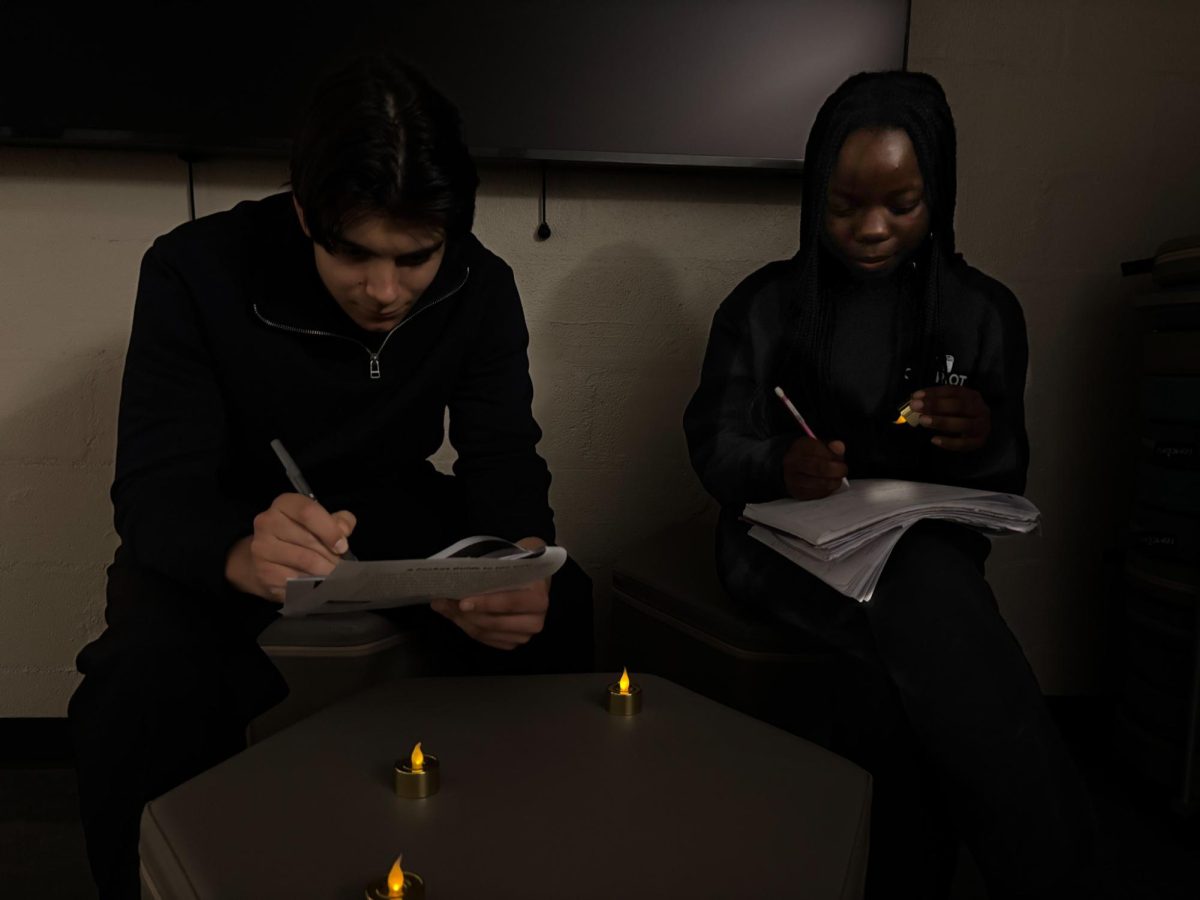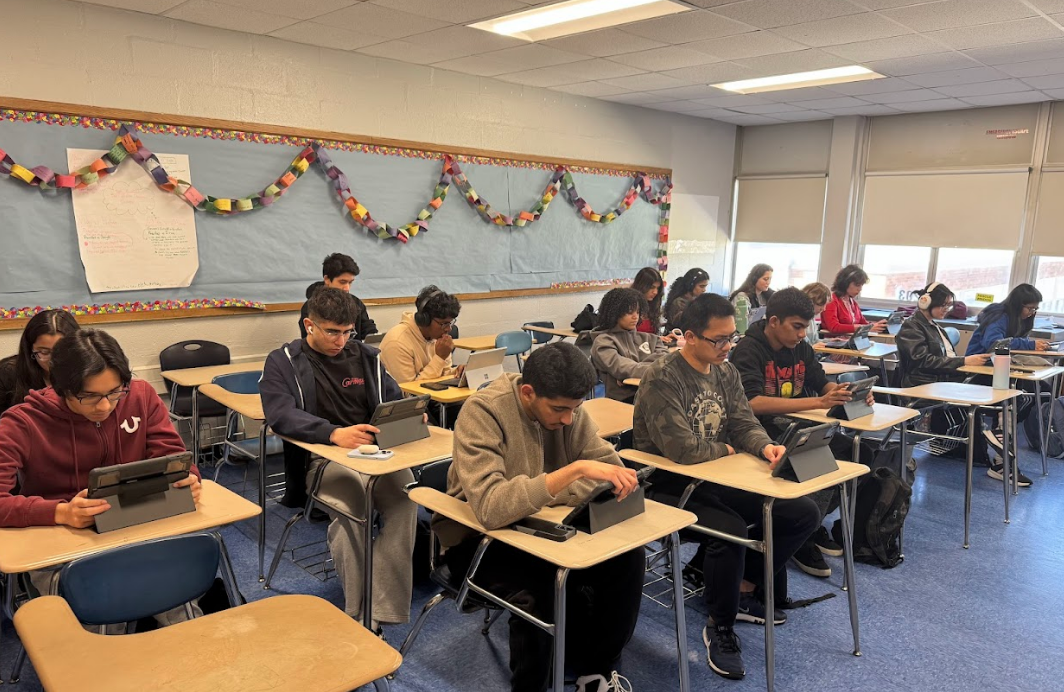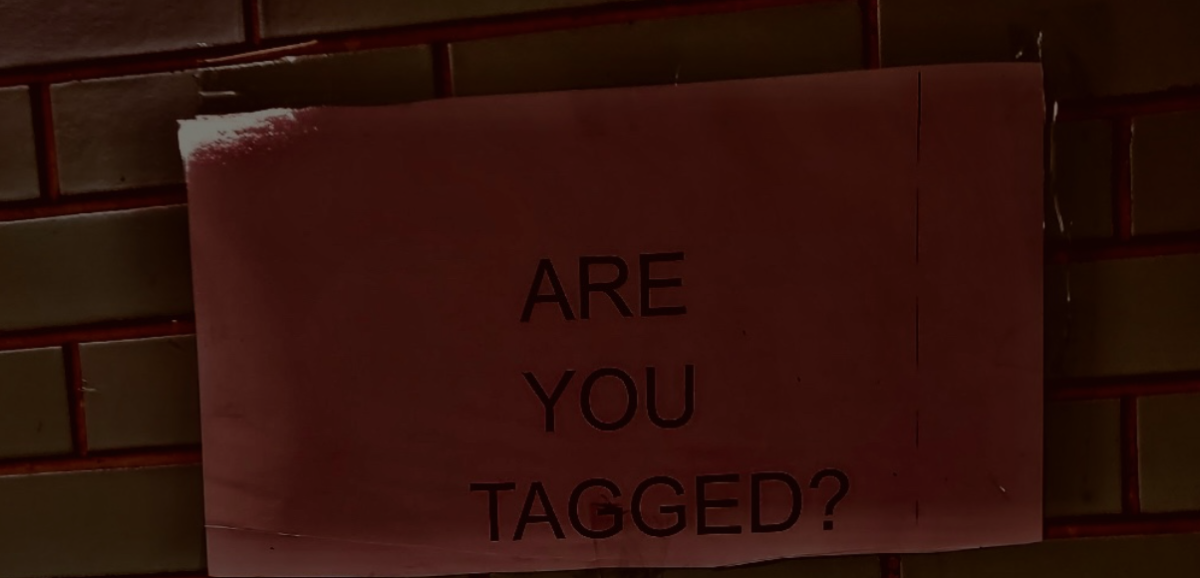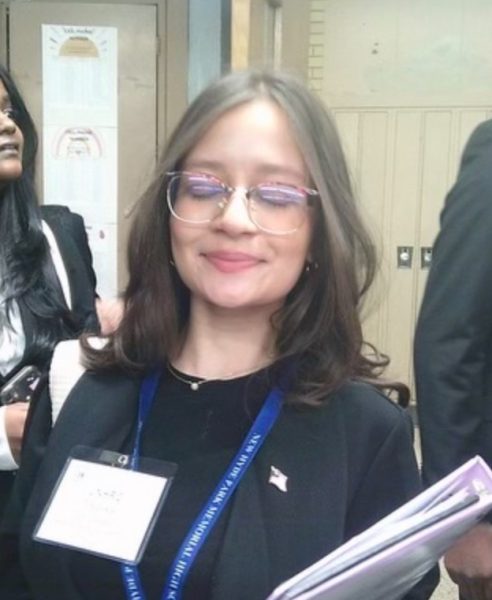Almost a decade since it originally soaked the web, the Ice Bucket Challenge has made a return recently with an ice-cold cause.
Over the summer of 2014, a movement to inform and donate money to assist amyotrophic lateral sclerosis (ALS) shot into global fame. Individuals around the globe poured ice water over their heads and challenged others to do so. The movement raised more than $115 million for the ALS Association, greatly advancing research and public awareness of the disease.
“I participated in the ice bucket challenge and remember how fast it spread,” science teacher Ms. Lombardo said. “It was all over social media!”
Cut to 2025, and the challenge was revived, this time by the University of South Carolina’s MIND (Mental Illness Needs Discussion) club, with a new focus: mental health awareness. The #SpeakYourMIND challenge has participants recreate the cold ritual, record their experiences on social media, nominate others, and donate to Active Minds, a non-profit dedicated to mental health education and advocacy among young adults.
The challenge gained traction quickly, especially among college kids and on social media platforms such as TikTok and Instagram. Within weeks, it raised over $240,000 toward its $250,000 goal for Active Minds. The campaign aims to bust mental health stigma, push open conversations, and provide resources for those struggling.
“I feel like the #SpeakYourMind challenge is beneficial because it makes people feel like they are not alone,” eighth grader Sophia Madigan said.
However, this re-emergence was controversial. Some members of the ALS community worried that repurposing the Ice Bucket Challenge might overshadow its original intent and ongoing need for ALS research and donations. A few students also were skeptical, worried the challenge had become more of a social media fad than a genuine advocacy effort. Critics cautioned that without clear emphasis on education and tangible action, the campaign stood to water down its effectiveness.
“People just did it this time around as a trend and not for a genuine reason,” freshman Leah McCorey said.
Despite these concerns, #SpeakYourMIND was able to get conversations about mental health started, especially among young people. Leaning on the recognition and meme-ability of the first Ice Bucket Challenge, the campaign provided valuable attention to an important issue and encouraged more active engagement.
As the movement continues to flourish, its ultimate success will depend on finding balance between visibility and tangible influence.






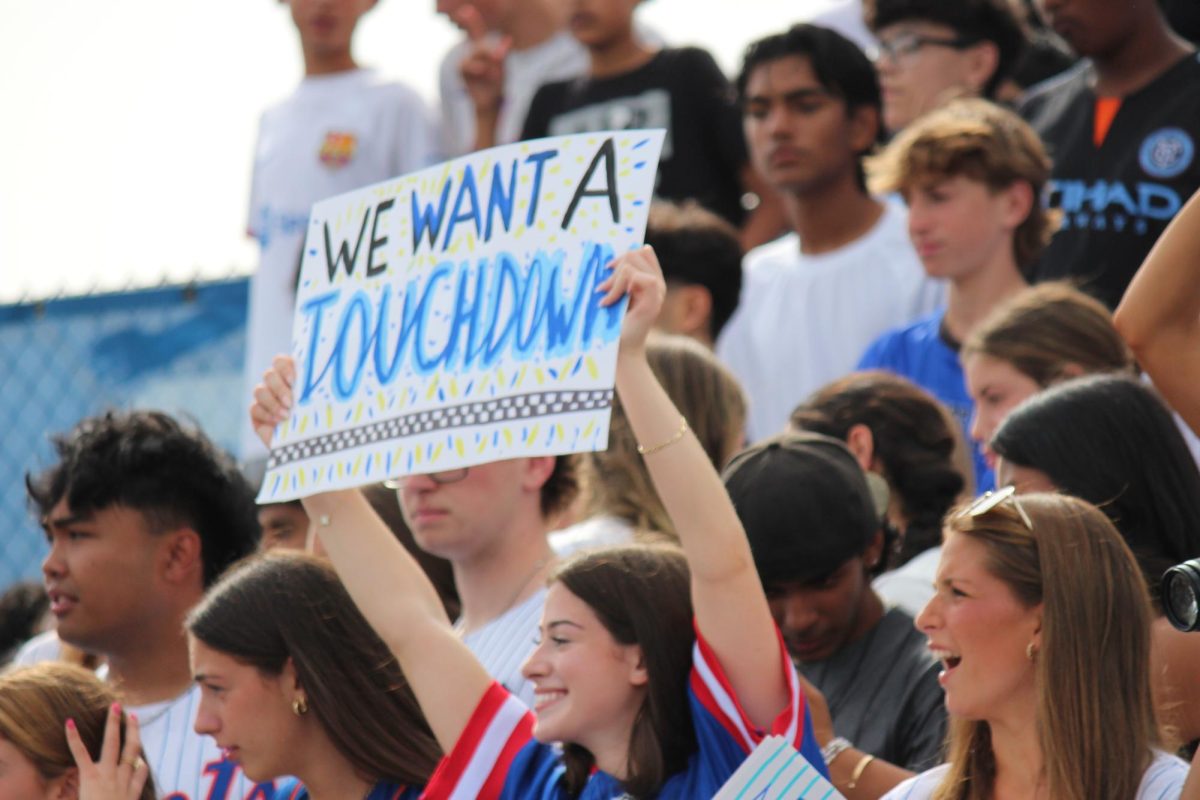

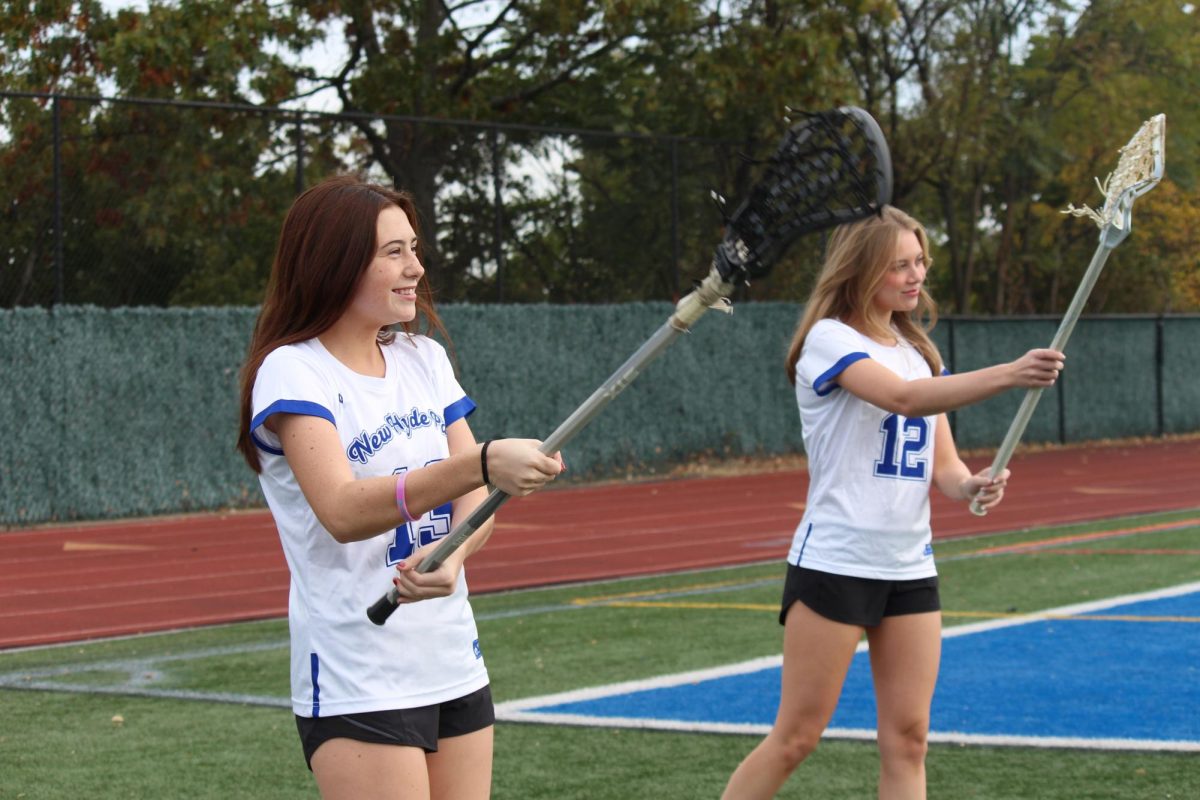


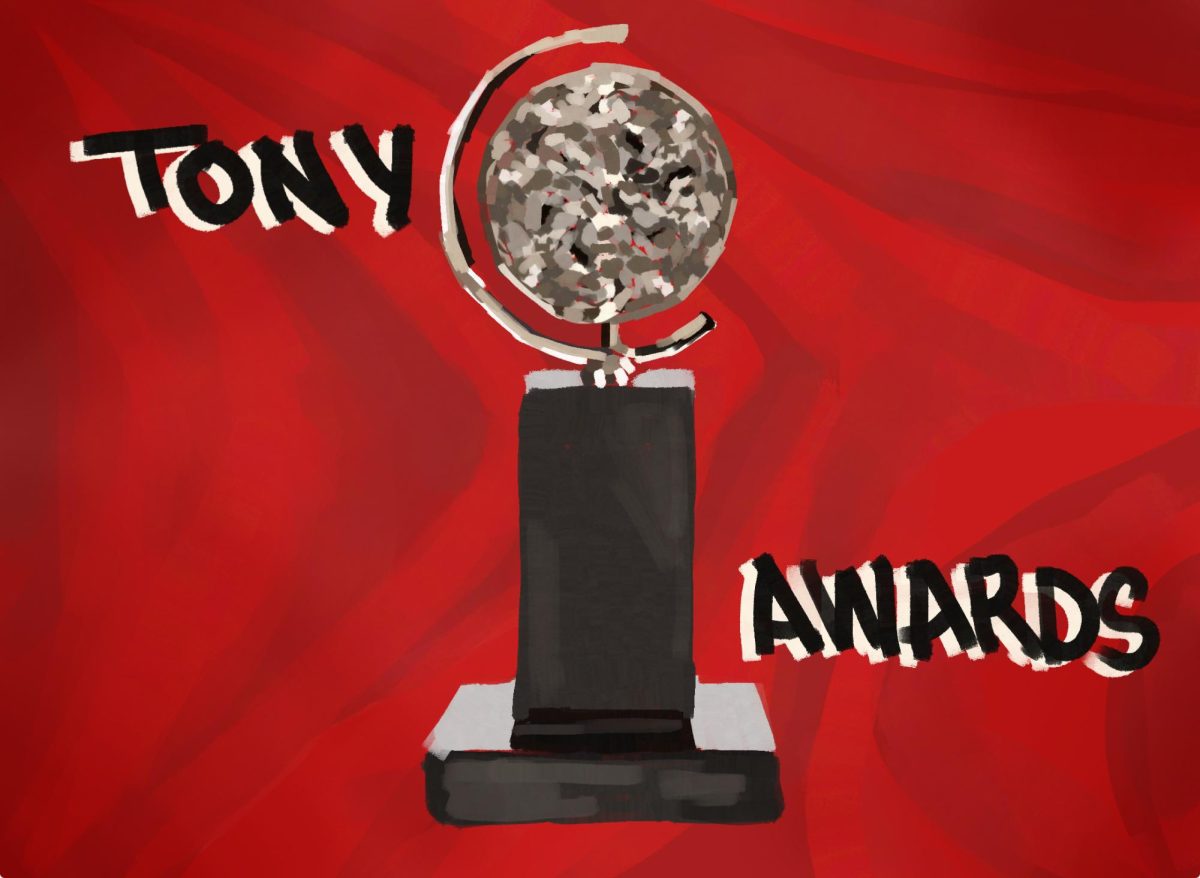
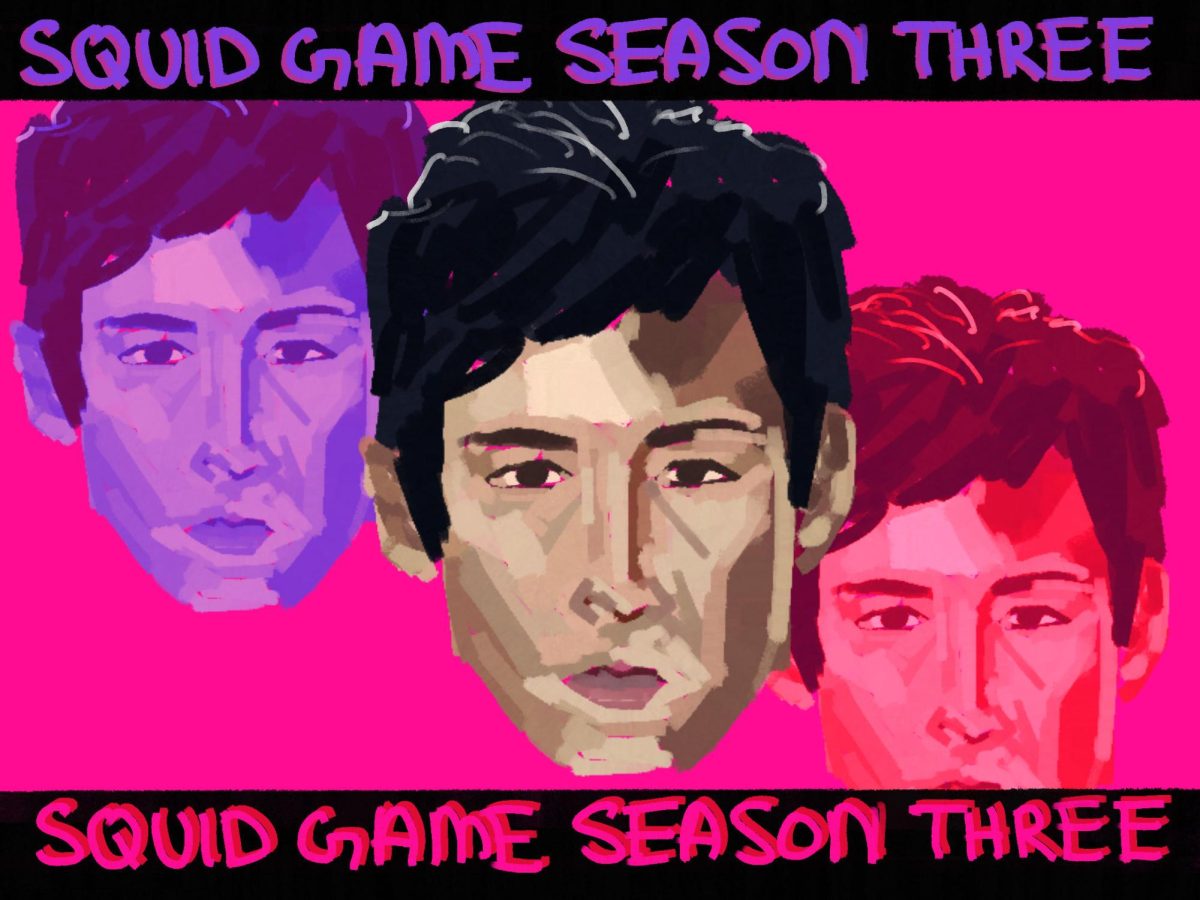
![”[Billie Eilish] truly was made to be a performer and I hope everyone has a chance to see such an amazing show,” junior Nyelle Sarreal said.](https://nhpchariotonline.com/wp-content/uploads/2025/06/IMG_1108-e1749239774437-1200x860.jpeg)
